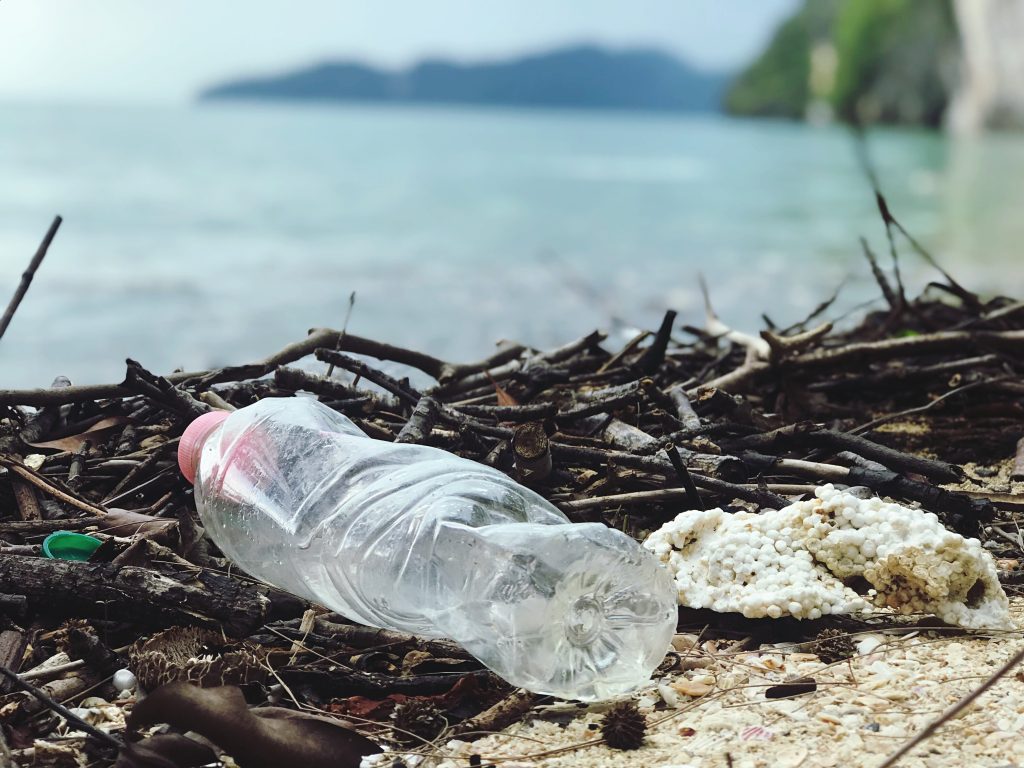Every EU member state has had to pay a plastic tax of 80 cents per kilogram of non-recycled plastic waste since January 1st, 2021. Due to that, some countries have decided to introduce their own plastic tax. Spain, for example, is now launching a plastic tax on single-use plastic packaging starting from 2023.
But how exactly is this tax going to affect online retailers from different EU countries?
Background of the plastic tax in Europe
With the implementation deadline of Articles 4 and 5 of the EU Single-Use Plastics Directive on July 3, 2022, the EU is establishing uniform regulations for the internal market. These are intended to ensure the free exchange of goods and the use of certain single-use plastic products (such as drinking straws, stirrers or EPS containers for take-away food) has been prohibited since then with the aim of reducing plastic consumption. There is also an EU-wide plastic tax for this – which is transferred to the individual countries. However, the implementation is still very different due to ongoing discussions and the hesitant attitude of the EU Commission.
This directive has been implemented in Germany, Austria, Belgium, Portugal and Croatia, for example. In Italy, the deadline has now been postponed several times – you can find more information in our article about the plastic tax in Italy:
Plastiksteuer in Italien 2023
Confused about the different packaging laws in Europe?
We would be glad to help you out. Just check our All of Europe Service.
Implementation of the plastic tax in Spain 2023
Spain is now the next country to follow with a concrete implementation of this regulation.
Law 7/2022, of April 8, on Waste and Contaminated Soil for a Circular Economy includes a new special tax on non-reusable plastic packaging which will come into effect on January 1, 2023. This tax has far-reaching implications because it does not only affect companies involved in the production or distribution of packaging, but also all importers or intra-Community purchasers of plastic packaging (with or without content).
The tax is levied throughout Spanish territory, including Ceuta, Melilla and the Canary Islands.
The taxable events “intra-community acquisition” and “import” were defined in the regulation in order to ensure that the tax is also paid on products manufactured in other countries and consumed in Spain.
It also applies to online retailers outside of Spain if they deliver directly to private end consumers in the country. These are therefore also subject to tax.
Taxable products
The new tax will mostly affect industrial and consumer feed companies. The tax is therefore subject to:
- Non-reusable packaging that contains plastic.
- Semi-finished plastic products intended for the manufacture of packaging (preforms, thermoplastic films).
- Plastic products that enable packaging to be closed, marketed or presented.
The objective scope is delimited by the terms “packaging”, “disposable” and “plastic”, as defined in the law itself. In particular, the broad definition of packaging in the law means that not only primary or sales packaging is taxed, but also secondary or collective packaging and tertiary or transport packaging.
Products containing more than one material are taxed solely on the basis of the weight of the plastic contained. This means that if only part of the packaging consists of the plastic that is to be taxed, exactly this part is taxed. It is therefore not relevant whether this plastic is the main material of the packaging, but to what extent it is contained.

Taxable Persons
Taxable persons are defined as manufacturers of taxable products and those who import them into Spain. A threshold of 5kg per month applies here. If an importer (or intra-community purchaser) is below this amount, he is exempt from the tax.
Non-resident taxpayers in Spain must appoint a plastic packaging tax representative before the AEAT (AEAT = Agencia Estatal de Administración Tributaria = The Spanish Tax Administration Agency) to represent them before the tax administration. Representatives must be appointed before taxable activities take place.
Taxable persons who are manufacturers or intra-community purchasers must submit a monthly or quarterly self-assessment depending on the accounting period.
In the case of imports, the tax is settled via the customs declaration itself, which must state the weight of the imported non-recycled plastic of the product in question, in order to facilitate subsequent customs clearance.
Amount of the tax
The tax base is the amount of single-use plastic packaging expressed in kilograms. The tax rate is EUR 0.45 per kilogram of non-recycled plastic.
Penalties for non-compliance:
The regulation provides a number of behaviors that can be punished with sanctions. These are in particular:
- Failure to register excise duty on disposable plastic packaging in the regional register
- False or inaccurate certification of the amount of recycled plastic
- Non-appointment of a representative for taxable persons throughout the country
- Disproportionate use of exemptions
For shipping to Spain, from January 2023 it is definitely relevant to know the amount of tax to be paid in order to avoid possible penalties.
Do you need help with packaging laws in spain?
If you’re unsure which packaging laws apply to you, we’re more than happy to help. In addition, we also offer individual advice on the implementation of labeling requirements for the various European countries.
Simply request our Service via this contact form. Our team will get in touch with you shortly!
